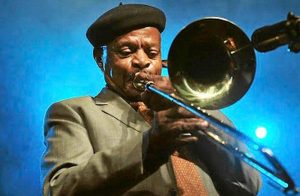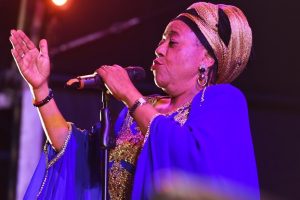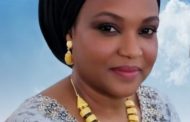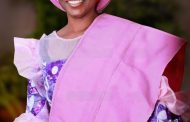It seems to be a season of death for a particular tribe of musicians in South Africa. It is a tribe in the sense that, though just the two of them, they all died within days of each other in January 2021 and they all belong to the generation that gave apartheid an artistic run for its racial brutality.

Gwangwa at it before his death at 83
First to go was the maestro’s maestro, Jonas Gwangwa on January 23rd, 2021, only to be followed by Ms Sibongile Khumalo on January 28th, 2021. Both were part of the collective agency in enacting the radical cum emancipatory contributions of art to national liberation in an African context.
“Proficient across a range of genres, she had the hall-filling power of an operatic mezzo-soprano and the directness of a pop singer”. That’s how the New York Times describes Ms Sibongile Khumalo in a February 1st, 2021 piece. She was that culturally and artistically appreciated far away from Africa, more so in relation to deploying arts or, if you like, popular culture, against apartheid because the New York Times went on to write of her as “a virtuoso vocalist whose ease of motion between opera, jazz and South African popular music made her a symbol of the country’s new social order after the end of apartheid”
Khumalo had an additional significance in that she was not just a musician, she was an intellectual of music too, with formal academic grooming in that. Hers is a case of ‘like father, like daughter. Her father had been one of the masterminds behind the founding of the Department of Music at the University of Zululand from where she graduated in the discipline. There is a mention of the University of Witwatersrand in her training too in the New York Times report on her. To raise the bar, her father additionally took her to sit at the foot of a veteran when she was just a girl. This happened twice. What she thought was her father’s extra burden on her turned out to be the source of her extra strength in creativity in later life, winning multiple awards, at home and across the world.

The ‘first lady of song’ in action
Nelson Mandela reportedly called her the “first lady of song”. She performed at his inauguration as first, post-apartheid president of South Africa in 1994.
Like Gwangwa, she too was born in Soweto. But, unlike Gwangwa who died at 83, she died at 63, of stroke related complications. It is all part of the story of the passage of two artistic giants in one country in a wave which should not continue!
These musicians are worth being remembered and being studied, outside traditional cultural studies or literature or even music but, more appropriately, under popular culture. It seems to be coming out clearly that popular culture embodies the more effective mobilisational signifiers for liberation from the ‘African condition’ than what Hegemony theorists call “the empty signifiers” – nationalism, Socialism, democracy, etc. The ‘empty signifiers’ are so content heavy that only the metaphors and other artistic narrative strategies of cartoonists, musicians, change sensitive journalists and critical social media can more sharply bring them down to the level of the popular masses.




























